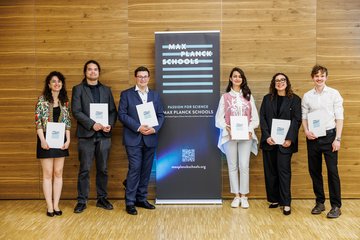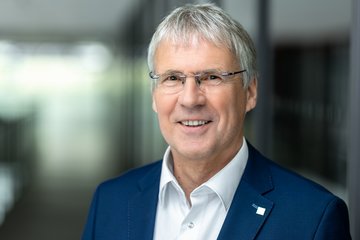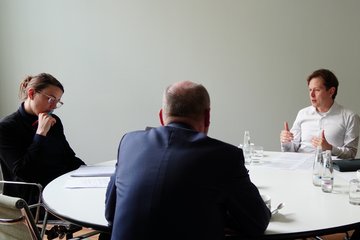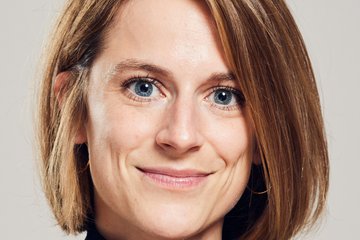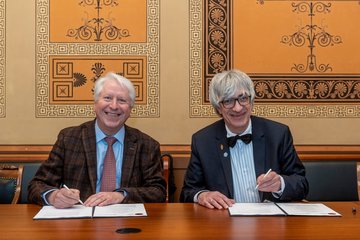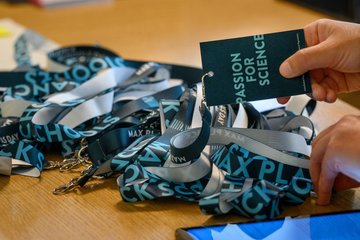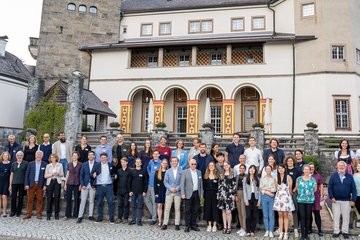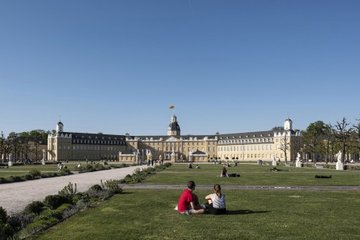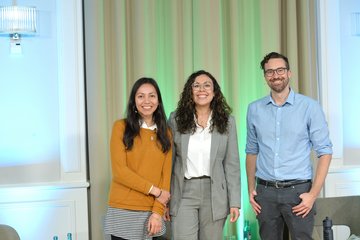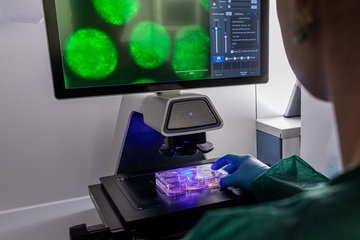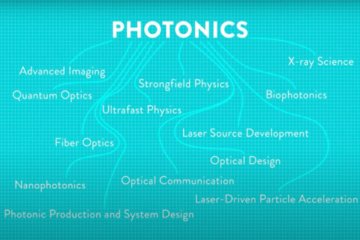The first PhD students start at the Max Planck Schools
The selection and admission process for the first round of applications of the Max Planck Schools has been completed. The first doctoral students will begin their studies on September 1st, 2019.
The first cohort will start at the Max Planck Schools in September 2019. In the first application phase, they prevailed against 467 competitors. After a multi-stage selection process, which varies from School to School, the joint initiative between German Universities and German Research Organizations is pleased to welcome 74 doctoral students from more than 16 countries. The three pilot Schools – the Max Planck School of Cognition, the Max Planck School Matter to Life and the Max Planck School of Photonics – are to develop an internationally competitive graduate program together with their doctoral students and the over 130 scientists who form the basis of the initiative as Fellows of the Max Planck Schools.
In order to ensure that the first application and selection phase runs smoothly, the three Schools reflect back on very busy, labor-intensive but also pleasant months: From the selection of scientific concepts in September 2017 over the establishment of multi-member coordination teams at the offices in Leipzig, Heidelberg and Jena to the adoption of finance plans and cooperation agreements with the partner universities – the Schools have achieved all these milestones since 2017. Natacha Mendes, scientific coordinator at the Max Planck School of Cognition, explains: "The past one and a half years have been a great challenge and at the same time an exciting and instructive adventure. With the Max Planck Schools, we are breaking new ground in doctoral education and have the support of more than 130 outstanding scientists and their organizations. Our goal is not only to offer future doctoral students an interdisciplinary program tailored to their own needs, but also a completely new approach to scientific excellence.”
The means to achieve this objective hereby vary between the three pilots: At the Max Planck School of Cognition, for example, all students go through a lab rotation year at different locations at the start of the program. Starting in 2019, the Max Planck School Matter to Life will only accept students who wish to acquire a degree of the newly established Matter to Life Master's program at the universities of Göttingen or Heidelberg (in the future, also Technical University Munich) before entering the doctoral phase. Contrary,students interested in the Max Planck School of Photonics can choose between two tracks depending on their pre-qualifications: a five-year direct track with an integrated master's degree or a three-year PhD track. These different means to innovative doctoral education show: The diversity of the Max Planck Schools is not only reflected in their partners and the scientific topics, but also in the different qualification paths to the doctorate certificate. What the three Schools have in common is their focus on intensive supervision, cross-location teaching using digital tools and, of course, their strong networks.
Combining distributed research excellence under one roof is the basic idea of the Max Planck Schools, a joint initiative of German Universities together with the German Rectors' Conference and the German Research Organizations. The Max Planck Schools make use of the institutional, spatial and thematic differentiation of the German science and research system in order to strengthen its visibility on the global stage and to make it fit for the future by attracting the most promising talents.
To mark the start of the first students’ cohort and to officially welcome them, the Max Planck Society and the German Rectors' Conference are inviting all students, representatives of partner organizations and supporters to a Symposium at the Harnack House on September 11th. The aim of the event is to provide all school participants with a platform for exchange and networking and to present the scientific topics of the three Schools.
